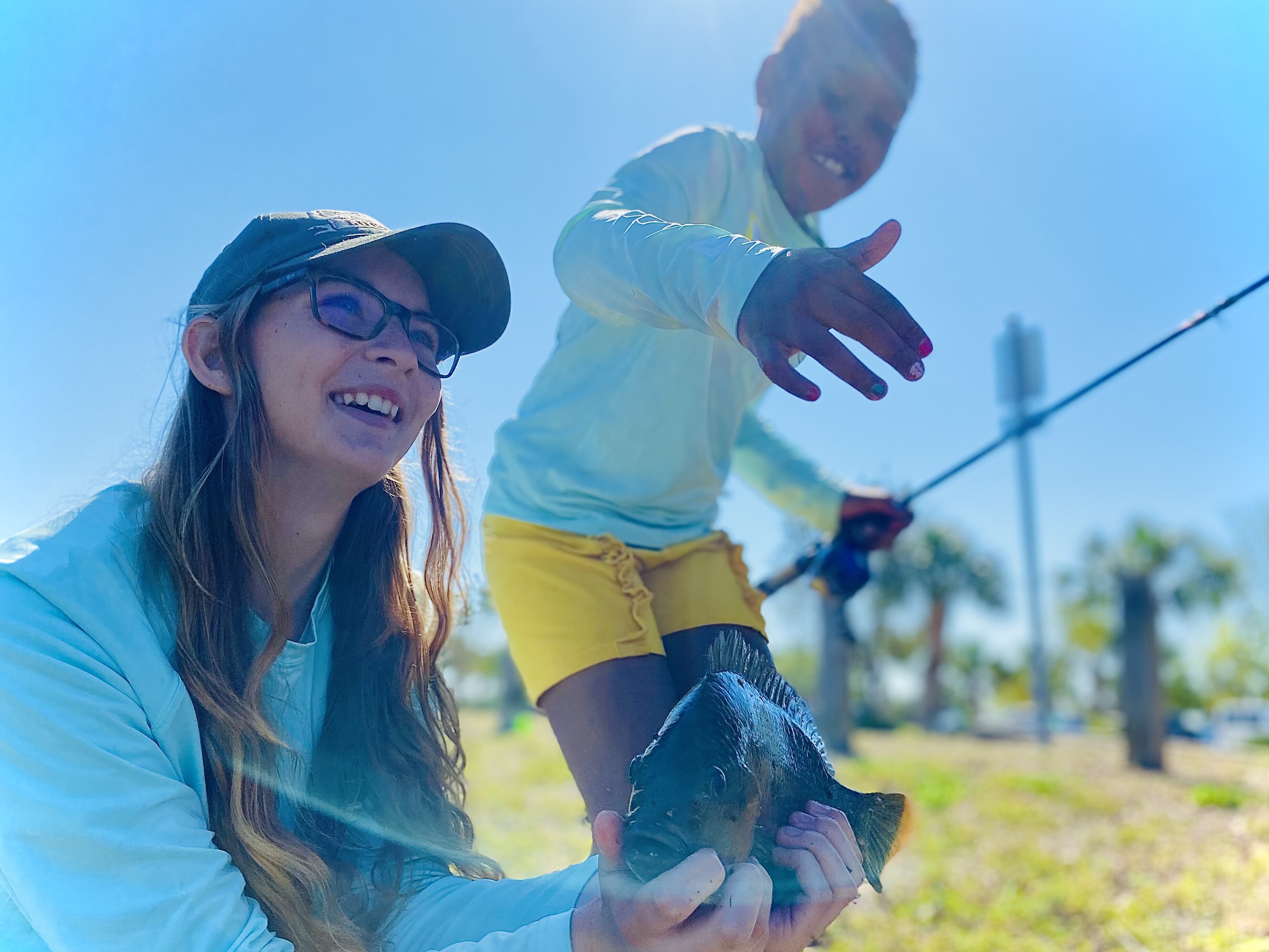Recently physicians at the Florida Infectious Disease Group in Orlando treated three separate cases of leprosy. The common link between all three patients is contact with armadillos. The armored mammals and humans are only two species on the planet that can contract the disease.
Leprosy is rare in the United States with only about 150 to 250 cases reported each year. About two-thirds of the leprosy patients are those who have visited parts of the world like Africa, India and Brazil where the disease is endemic.
An article published in The New England Journal of Medicine (http://www.nejm.org/doi/full/10.1056/NEJMoa1010536 ) summarizes a study where genetic sequencing confirms what has long been speculated, that armadillos can transmit leprosy to humans. It is estimated one-third of the leprosy cases in America result from contact with infected armadillos. Some might say it is fair turnabout because armadillos, indigenous to the Americas, first contracted the disease from the early European settlers some 400 to 500 years ago.
Almost all cases of armadillos transmitting leprosy to humans occur in Texas and Louisiana with a few cases reported in Mississippi, Arkansas, and Alabama. Florida armadillos are a separate population from those in Texas and Louisiana and scientist have never found the leprosy microbe, Mycobacterium leprae, in Florida armadillos. The three cases of leprosy being treated in Orlando suggest Florida’s armadillos now carry the disease.
Doctors recommend you minimize handling armadillos and avoid consuming their flesh. It is also recommended you avoid contacting areas armadillos have been digging. The leprosy microbe can survive one to two weeks in moist soil and there was a case two years ago where an 81 year old Mississippi woman contracted the disease from gardening in ground frequently disturbed by armadillos.

